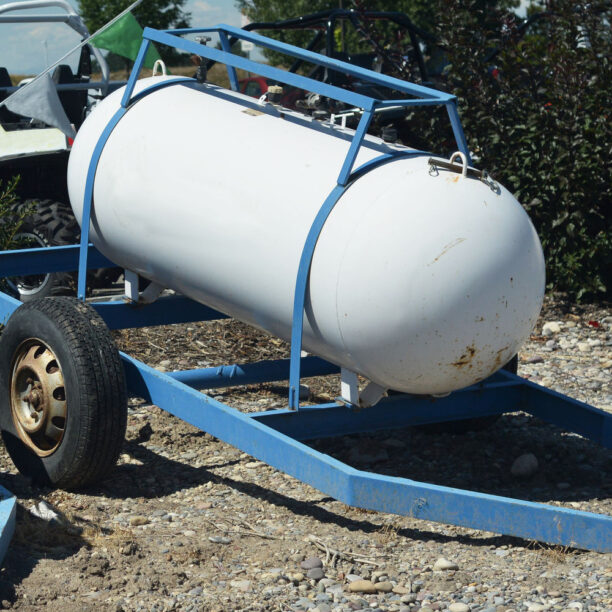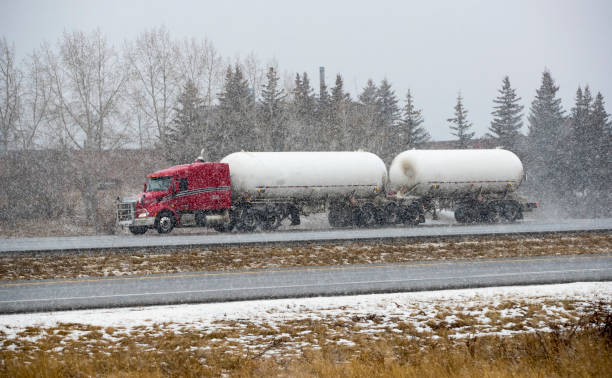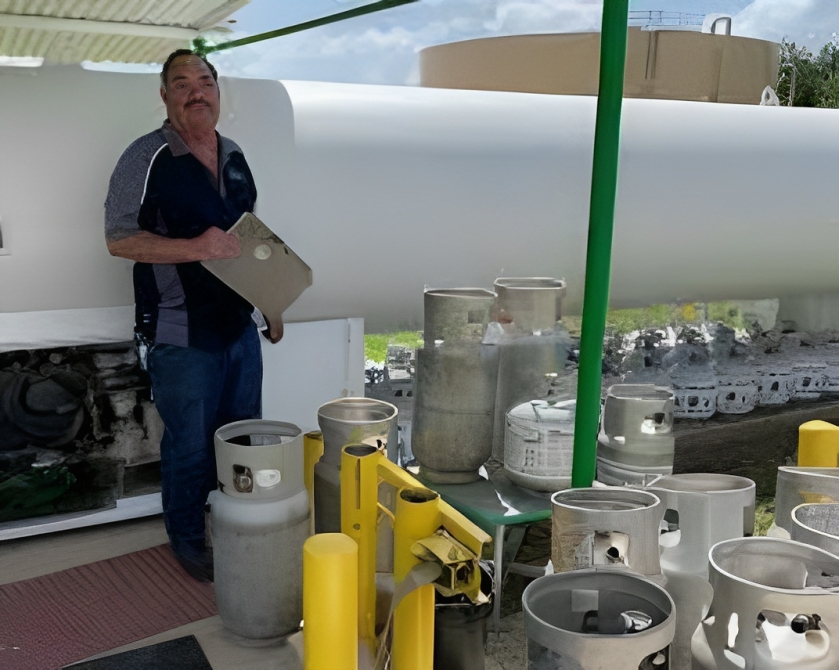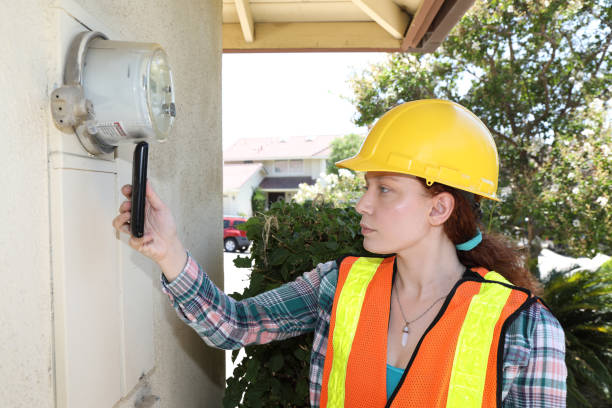Proactive Decision-Making in Propane Deliveries
From route planning to scheduling deliveries, proactive decision-making is essential for ensuring timely and efficient service in the propane industry. In this guide, we delve into the importance of proactive decision-making in propane deliveries and how ethical leadership principles can guide business owners in optimizing operations for greater efficiency and customer satisfaction. Understanding Proactive Decision-Making… Continue reading Proactive Decision-Making in Propane Deliveries












